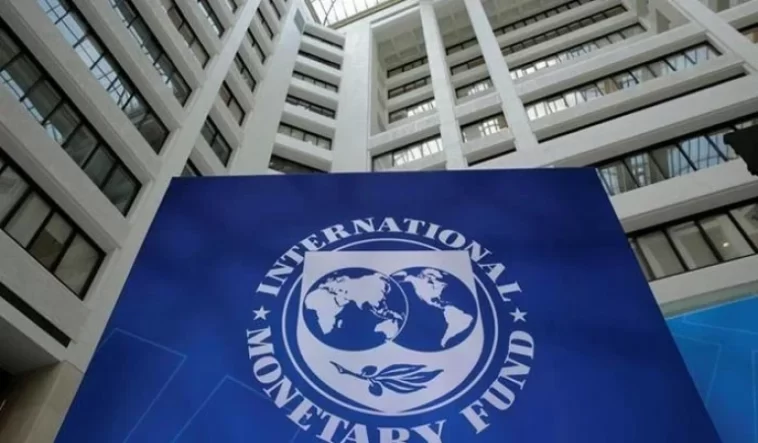The circular debt management plan (CDMP) that the government had presented was rejected by the International Monetary Fund (IMF), who also requested that the authorities increase the price of electricity by Rs12.50 per unit in order to cap the additional subsidy at Rs335 billion for the current fiscal year.
Talks on the ninth review are now being held in Pakistan by an IMF team; they will last until February 9 and are anticipated to result in a staff-level agreement between the two parties.
The Washington-based lender referred to the amended CDMP as “unrealistic,” which is based on several incorrect assumptions, during the second day of technical discussions. Therefore, the government would need to make more adjustments to its recommended course of action to limit the losses in the cash-strapped electricity sector.
A fiscal gap will be worked up between the IMF and the Finance Ministry, and various extra taxation measures will then be finalised through the upcoming mini-budget.
On Wednesday, the government presented its revised plan to senior IMF officials. The plan reveals that the government needed an additional Rs675 billion in subsidies despite increasing the cost of electricity by as much as Rs7 per unit through quarterly tariff adjustments in the first two quarters of 2023 and by as little as Rs1.64 for the third quarter from June to August.
According to sources who spoke to the publication, “the IMF has objected to the certain basis of the revised CDMP and asks the government to raise the tariff in the range of Rs11 to Rs12.50 per unit, in order to reduce the requirement of additional subsidy to half from its existing levels of Rs675 billion for the current fiscal year.”
The IMF also questioned how the government determined its increased subsidy requirement for the current fiscal year of Rs675 billion. With the current exchange rate, the plan would be altered because the government understated the exchange rate when calculating the amended CDMP.
The newly created debt management strategy, according to the study, aims to keep DISCOs’ average losses for the current fiscal year to 16.27%.
In contrast to predictions of Rs65 billion made on the eve of the previous summer, the government has set a target to collect Fuel Price Adjustment (FPA) payments that were postponed.
While the GST and other taxes on a collection basis will assist recover Rs18 billion in the current fiscal year, the markup savings owing to IPPs stock payment will bring in Rs11 billion.
According to estimates, the circular debt will total roughly Rs2,113 billion by the end of FY2023, comprising the money held in Power Holding Limited (PHL), as well as the Rs765 billion, Rs1,248 billion, and Rs100 billion owed to fuel suppliers.


